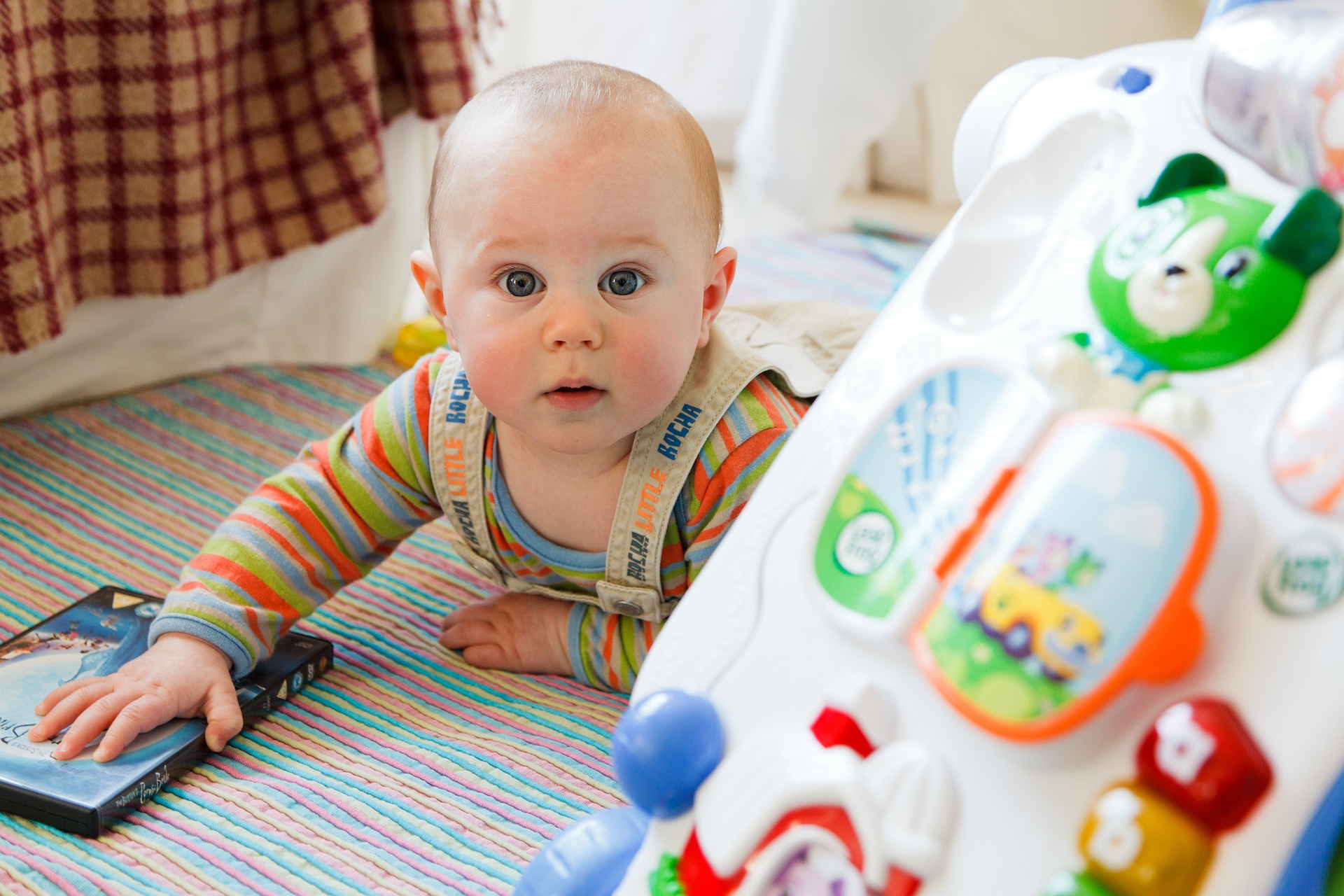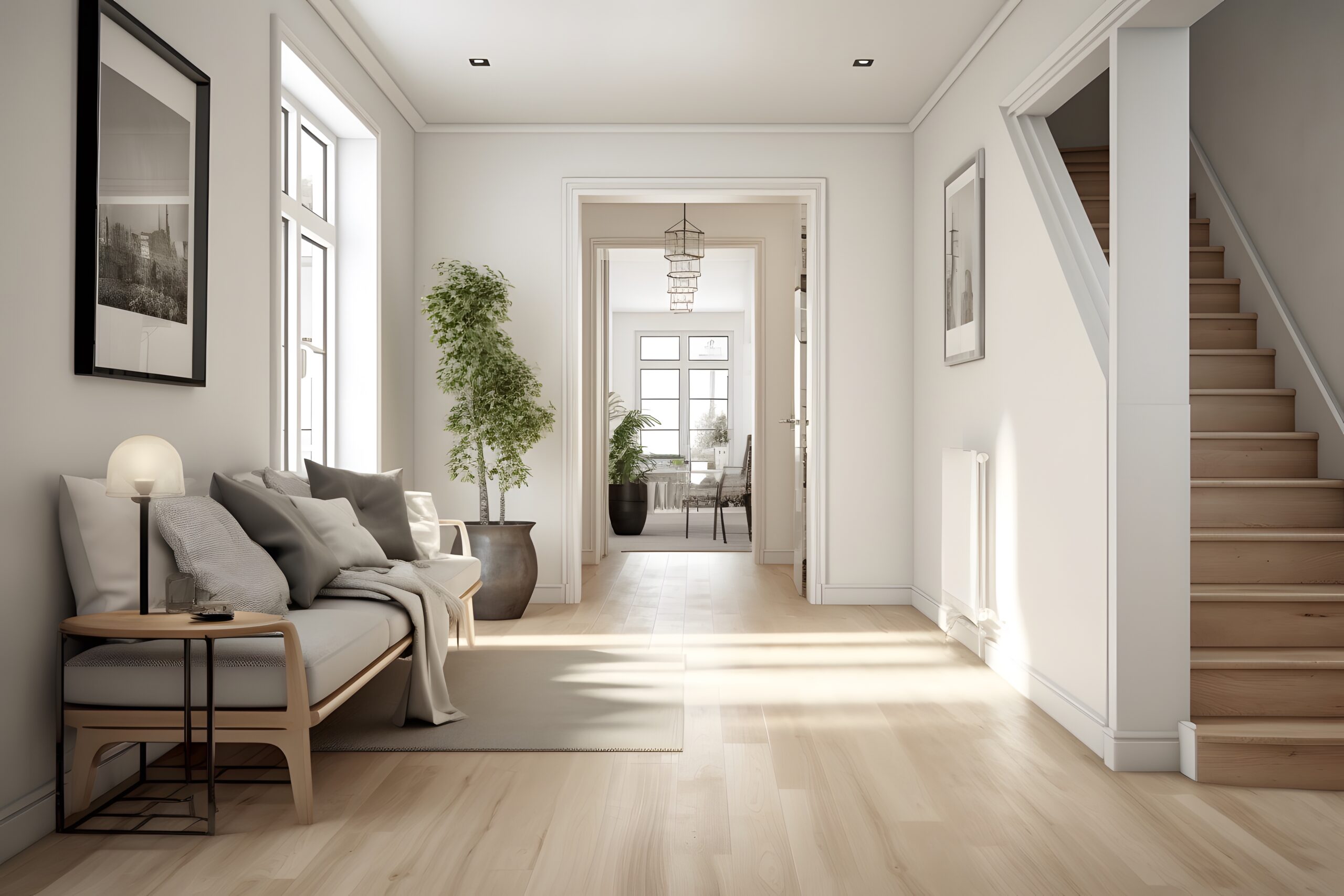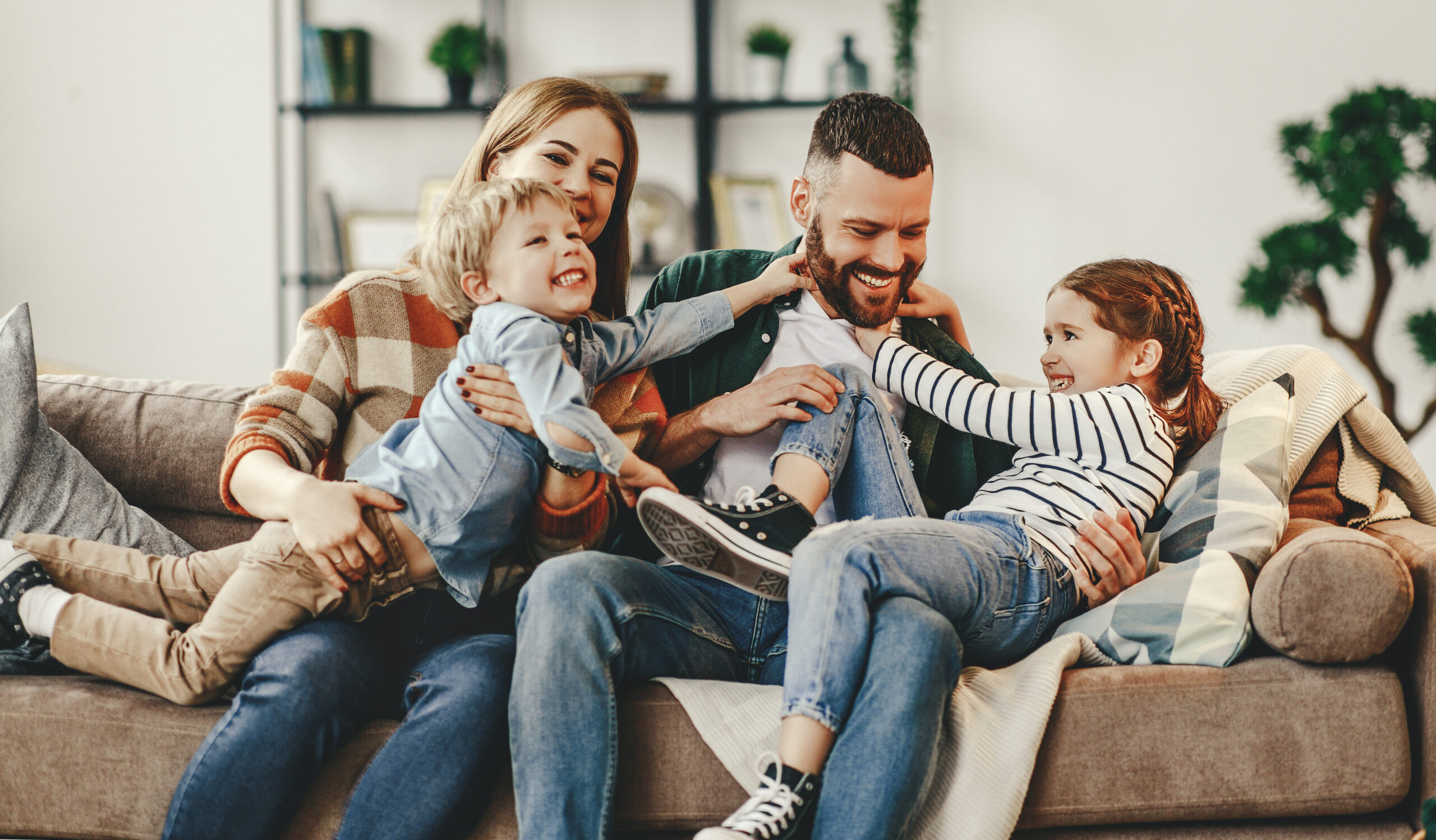A baby needs supervision, presence and affection
A baby must be supervised for risk of falling, suffocation, drowning and burns whenever they are awake. Never leave the baby alone. It is a good idea to go through the risk areas that cause accidents using the checklist for children under the age of 1.
It is important to ensure that the baby cannot reach dangerous objects or toxic or hot substances. It is also a good idea to keep any older siblings’ toys and belongings out of the baby’s reach. The condition of the baby’s toys and pacifiers should be checked regularly, and care should be taken to ensure that the toys do not contain small, detachable parts and are suitable for children under 1 year old. Broken pacifiers and toys should be removed from use.
Get down to floor level and view the surroundings from a child’s perspective: what interesting things are within the child’s reach?
The child should be encouraged to move around to hone their motor skills. It is important to let the child enjoy a safe presence, affection and time together with their guardian. The child’s guardian should also ensure their personal wellbeing. The guardian should also pay attention to their use of media and smart devices in the presence of the child.
Baby care
On a changing table, all necessary tools should be within hand’s reach so that you never have to leave the baby alone on the table. The changing table should be stable and easy to clean. If you use some other surface in the house as a changing table, make sure to place a changing pad on a stable surface. A wheeled changing table is easy to move around if necessary, but the wheels should be lockable. A changing pad placed on the floor can be a safe alternative, especially for a mobile baby.
The baby should be fed in a stable upright position in a high chair. Remember to check the temperature of their food. The safest way to put the baby to sleep is on their back in a cot with bars close enough to one another. When the baby sleeps outside, place your pram in a sheltered location so that the baby cannot fall over or start rolling. The pram should be protected against insects and other animals with a mosquito net or, if necessary, a safety net. The child must have a safety harness on when in a pram or a stroller.
Travel
On car journeys, the baby should travel in a child seat installed with their back toward the front of the car, in a seat with no air bag. It is not a good idea to leave a sleeping child alone in the car. When the baby is a bit older and can ride a bike in a child seat, make sure that they also wear a helmet. When travelling by water, the child must wear a well-fitting life jacket.
Types of accidents affecting babies
Never leave the baby unattended; always be aware of where they are and what they are doing. The child should never be left alone in places such as a changing table, couch or other place with a risk of falling. Keep the sides of the cot up and lower the bottom when the child starts practicing standing up. It is also important to use safety harnesses/belts in strollers and prams.
It is important to encourage the child to move around to improve their motor skills. Do not forget to celebrate when they learn something new. It is also important for the child to enjoy a safe presence, affection and time together with their guardian.
Never leave the baby near water without supervision. Always empty bathtubs and hot tubs after bathing. Always grip the baby lightly but securely even in shallow bath water. Although the child’s skills and independence are growing, an adult should always be within arm’s reach when the child bathes. Please do not leave a sibling to watch the bathing child without adult supervision.
Also empty any water containers and basins in the yard after use; a small child can drown silently in a few seconds. Cover any outdoor bathtubs after use. When moving by water, children and adults should always wear well-fitting life jackets. Keep in mind that you will show an example to children by wearing a life jacket, whether you like it or not.
Baby and family swims are shared moments for the whole family under the professional guidance of a trained instructor in clean and warm water. The goal of baby swims is to familiarise the child with water in safe conditions and make them enjoy water.
Everyone is responsible for fire safety. Make sure that you have enough smoke detectors installed on each floor of your home and that they work. It is also important to keep the first extinguishing equipment easily accessible and to learn how to use them. Never leave the child alone with burning candles or open flames. Keep matches and lighters out of the reach of the child. Do not hold your baby in your arms, a carrier or a sling when handling hot drinks or food.
It is important to keep all medications, vitamins, chemicals, detergents, alcohol and other intoxicants out of the reach of children. You should also check that all your indoor plants are non-toxic. Always keep calm if you suspect a poisoning. Ask for help from the Poison Information Centre or an on-duty doctor. It is a good idea to save the Poison Information Centre’s number on your phone: +358 (0)800 147 111 (free of charge and open around the clock).
A baby should never be left unattended. Pay attention to the safety of toys to prevent suffocation. Check the suitability of toys for children under the age of 1 and ensure that the child’s toys do not have any small, detachable parts, strings or straps, any type of balls, magnets or button cell batteries. It is important to check the condition of toys and pacifiers regularly and retire them if they are broken. Also keep plastic bags and films out of the reach of children.
It is also important to check that there is nothing in the bed or pram that the child could choke on or get strangled on when turning around (e.g., stuffed toys, pillows, strings). Put the child to sleep on their back to reduce the risk of sudden infant death syndrome. Feed small children purée or large bars of food in a steady upright position to reduce the risk of choking.
Read more
-
Each year, over 300,000 accidents occur in homes. Even small actions can improve home safety and prevent accidents. It is also a good idea to have a first aid kit in every home.
-
Most accidents occur at home and during leisure time. Accidents at home and during leisure time cause significantly more sick leave than work-related accidents. Sports injuries are the most common type of accident. (STM, 2013.)



